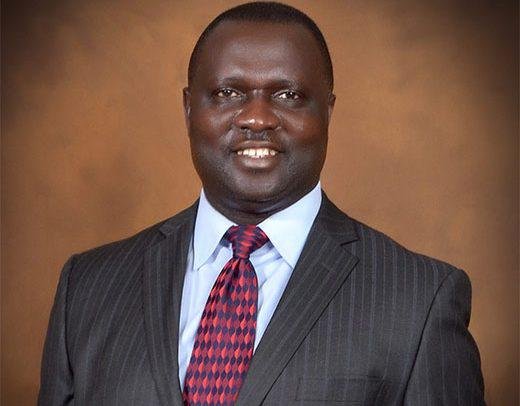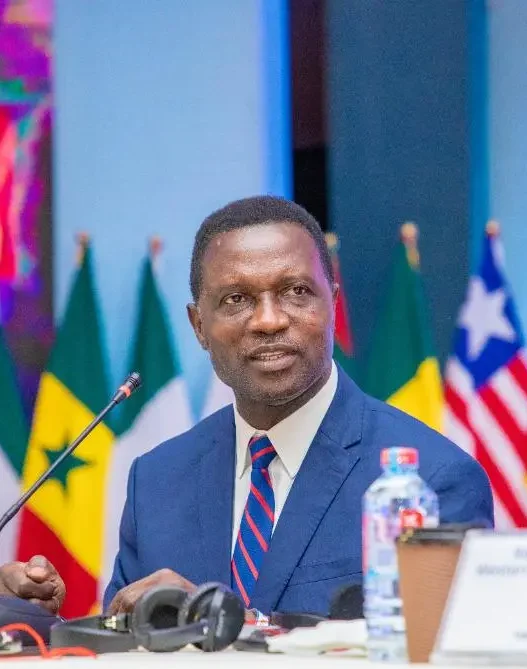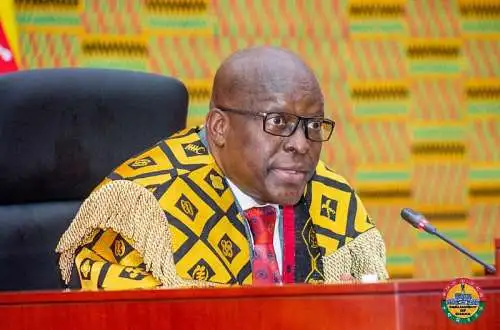The Free Senior High School (SHS) policy, introduced as a transformative initiative in Ghana to make secondary education accessible to all, has faced significant challenges since its inception. While the policy has succeeded in increasing student enrollment, its implementation has been hampered by financial constraints, culminating in a crisis epitomized by the government’s mounting debt to the West African Examinations Council (WAEC).
Free SHS: Expanding Access, but at What Cost?
The Free SHS policy, launched with the goal of alleviating the financial burden on families and promoting universal education, is widely acknowledged as a positive step towards educational equity. However, its execution has revealed systemic weaknesses.
The core challenge lies in financing. Schools have experienced persistent delays in receiving government disbursements, leading to critical issues such as:
- Overcrowded classrooms due to increased enrollment without a proportional expansion in infrastructure.
- Insufficient teaching materials and resources, impairing the quality of education.
- Strained staff compensation, which affects teacher morale and recruitment efforts.
The policy’s long-term sustainability is further questioned, as fiscal pressures from other sectors have stretched the government’s financial capabilities thin.

WAEC Debt: A Symptom of Financial Instability
The government’s inability to settle its debt to WAEC, the body responsible for administering examinations and certifications across the region, is another glaring issue. This debt has disrupted the smooth operation of examinations, causing delays and jeopardizing the academic futures of countless students.
WAEC’s role in the educational system is indispensable, and the financial impasse undermines its capacity to function effectively. The government’s failure to meet its obligations reflects broader issues of fiscal mismanagement, as resources are diverted or stretched beyond capacity to sustain the Free SHS policy.
The Core Issue: Overreach and Financial Mismanagement
The intersection of overstretched resources and poor financial planning has created a fragile education system. The government’s ambition to make education free for all has led to an influx of students without the necessary funding to meet the associated demands. This imbalance is evident in both the strained implementation of Free SHS and the unpaid dues to WAEC.
Critics argue that the policy’s ambitious scope was not matched by a comprehensive financial strategy. Addressing these challenges requires a shift in focus from enrollment numbers to quality and sustainability.
A Path Forward: Ensuring Sustainability and Accountability
To secure the future of the Free SHS policy and restore confidence in Ghana’s education system, the government must take decisive actions, including:
- Revising the funding model to ensure timely and adequate disbursements to schools.
- Prioritizing the settlement of debts to WAEC to safeguard the integrity of national examinations.
- Implementing a robust financial accountability framework to manage education funds effectively.
- Investing in infrastructure and teacher training to accommodate growing enrollment without compromising quality.
Conclusion
The Free SHS policy represents a commendable vision for Ghana’s educational future, but its success depends on addressing the systemic financial challenges it has exposed. The debt to WAEC serves as a stark reminder of the critical need for better fiscal management and strategic prioritization within the education sector. By adopting a more pragmatic and financially sustainable approach, Ghana can ensure that the promise of free and quality education becomes a lasting reality, not just a fleeting aspiration.




















